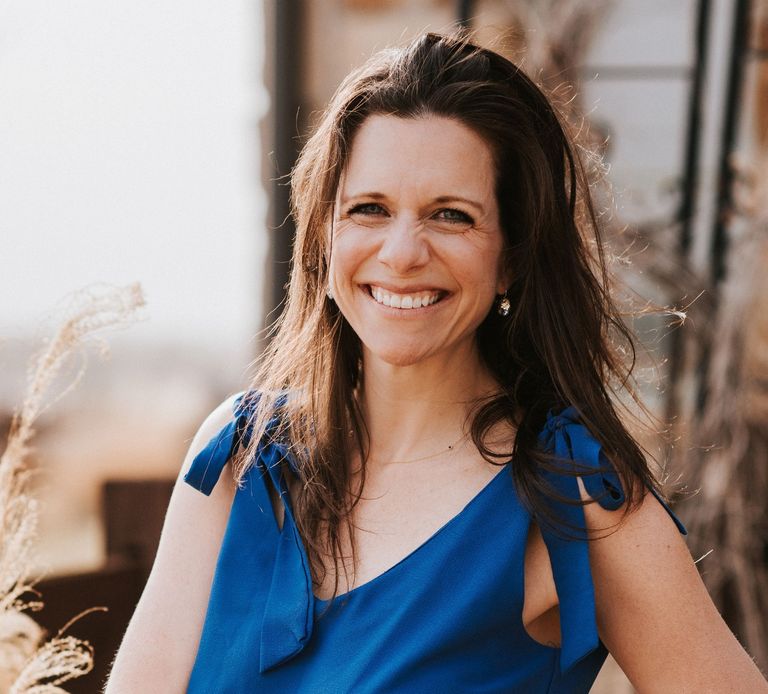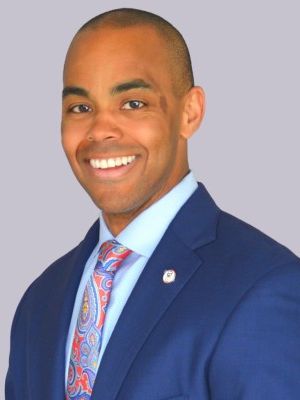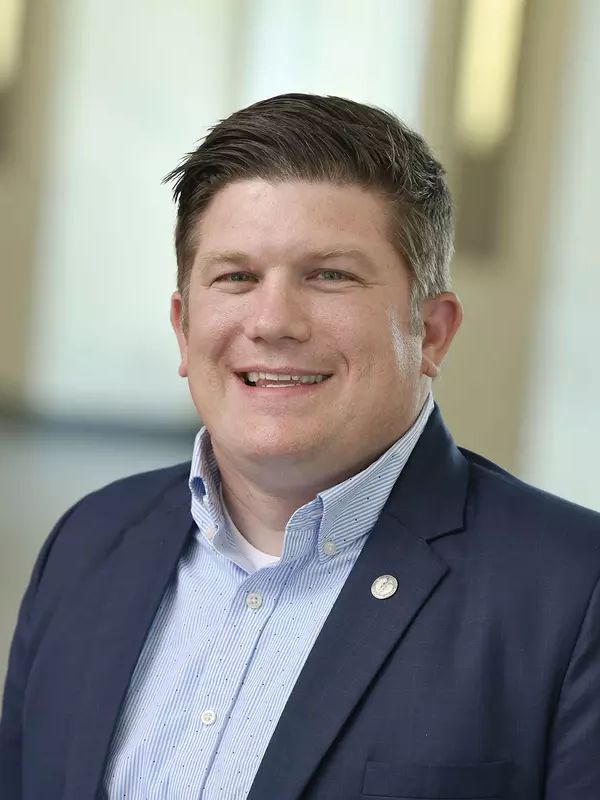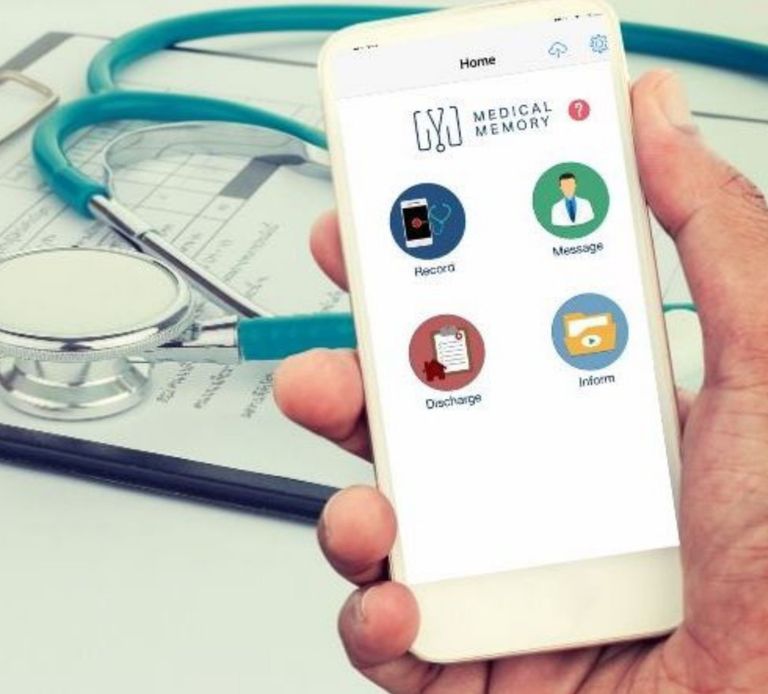Take 1:
PATIENT
A Communication Excellence Podcast
With Medical Memory recording over 177,000 (and counting) patients, we felt it relevant to start discussing the best practices in patient communication and how can we optimize these conversations now captured and recorded by video.
We will be meeting with industry and video communication experts about how to elevate these conversations to optimize time, and maximize the patient experience. What can we learn from the medical and surrounding industries now that the camera is on, and the patient is watching?

Julie Soukup
HOST
Master Communicator and Lecturer
Over 10 years Coaching and Teaching Doctors, Nurses and Consultants Communication and Empathetic Listening Techniques.
VP Sales for Medical Memory.
Expert in Tech Start-up and Growth Strategies
Proud Twin Mom and Author of 'Adventures of Jade and Sky' Kids Book Series
177,100
Patient Videos and Counting
2-3x
Times an Average Video Shared
1
Simple Mobile App
RECENT EPISODES

Dr. Grin Lord and Dr. Amber Jolley-Paige
mpathic
How AI-driven feedback improves communication w/ mpathic Dr. Grin Lord, Dr. Jolly. Host Julie Soukup
In this episode of the "Take One Patient" podcast, host Julie Soukup introduces Dr. Grin Lord and Dr. Jolly from "Mpathic" to discuss advancements in patient communication. The conversation highlights their work in using AI-driven performance feedback to improve doctor-patient communication.
The development and implementation of AI-powered performance feedback for doctors aims to improve their communication skills, particularly empathy, active listening, and rapport building. Julie Soukup emphasized connecting communication behaviors with patient satisfaction scores, while Dr. Grin Lord stressed the need for direct comparison against teams and hospitals. In neurosurgery, effective communication and collaboration are crucial, with non-technical skills such as empathy, trust, and understanding predicting better surgical outcomes. Recording conversations can increase understanding and improve skills, and prioritizing the patient's understanding and engagement is essential throughout medical consultations.

Dr. Al Carter
CEO at National Association of Boards of Pharmacy
Dr. Al Carter, PharmD is the Executive Director and the CEO of the National Association of Boards of Pharmacy. He joins our host Julie Soukup, VP of The Medical Memory to discuss the imperative importance of educating patients about online and faux pharmacies.
In our podcast, he discusses the importance of nurses educating patients about the concerns of misusing medication or utilizing illegitimate online pharmacies.
He talks about the programs the State Board of Pharmacy is putting in place to track the dispensing of controlled substances, for not only pharmacists but for prescribers. Especially in the Pain Clinic era where some patients go state to state in hopes of 'beating the system.' A Platform that connected all systems to protect patients became imperative.
What was incredibly powerful was his conversation about online Pharmacies. Over 95% of the pharmacies that are online are actually not credible. The concern and fear of this are that these can be pharmacies that are not licensed and not following FDA regulations. Many of the medications are laced or have no active ingredients. For some patients this can be fatal and over 109K patients died last year due to overdose, or taking something and not understanding whats in it.
There are many ways to verify pharmacies, and he gives tips for doing so.

Dr. Andrew Little
Program Director Emergency
AdventHealth
Dr. Andy Little, Program Director for the ER at AdventHealth Central Florida discusses with Julie Soukup, host of Take 1: Patient Podcast, his experience recording patient interactions for better communication and patient education. He shares that he has been recording discharge instructions since 2017, particularly for pediatric patients and those with complex diagnoses. A small study at Doctor's Hospital in Columbus, Ohio, revealed providers' concerns about being recorded despite acknowledging patients' right to do so.
Dr. Little emphasizes the benefits of recording, such as reducing misunderstandings and improving patient outcomes. He has not faced any legal issues from recording and believes it empowers patients to make informed decisions about their care.
Sponsored By:
The Medical Memory
Medical Memory is a HIPAA Compliant App utilized at hospitals and clinics across the country to video record patient updates for patients and family members to rewatch important health information.
From family updates to clinical visits, rehab exercises, discharge, or even custom prerecorded content, Medical Memory is revolutionizing the gap in patient and provider care simply by pressing 'Record.'

GET IN TOUCH.
© Copyright. All rights reserved.
We need your consent to load the translations
We use a third-party service to translate the website content that may collect data about your activity. Please review the details in the privacy policy and accept the service to view the translations.